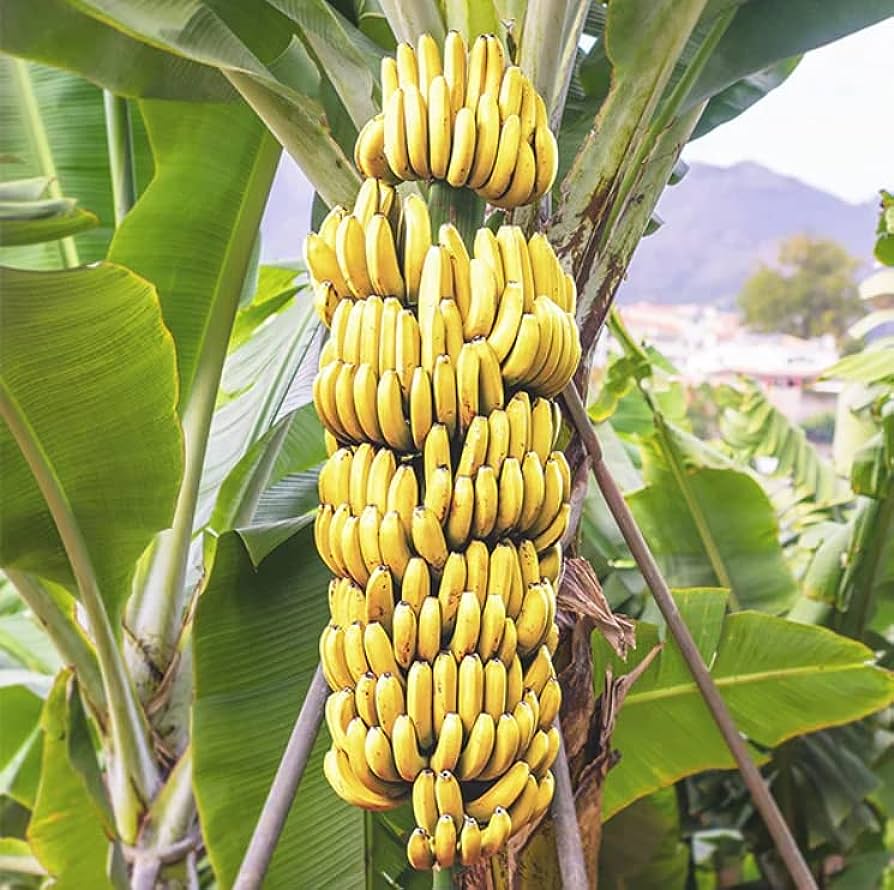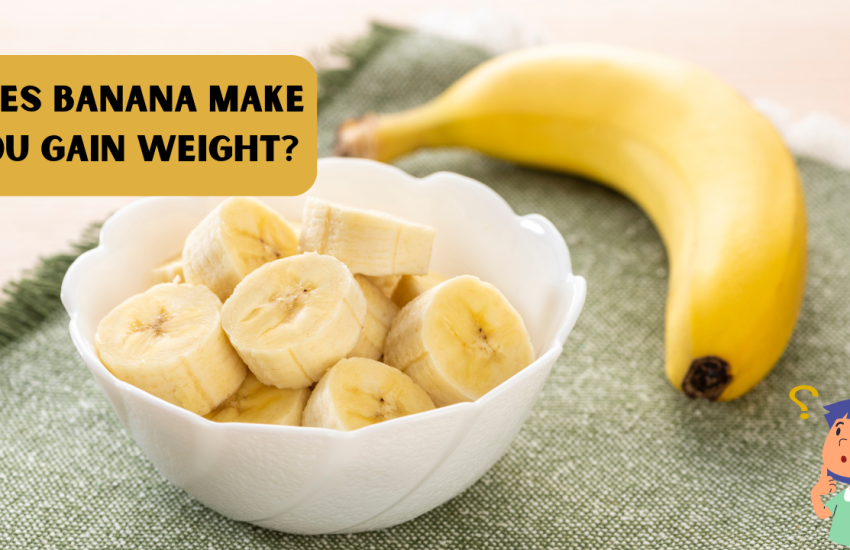Does Banana Make You Gain Weight?
Bananas are a widely consumed fruit, known for their impressive nutritional profile and versatility in various dishes. However, there was an ongoing debate on whether bananas contribute to weight gain or weight loss. In this article, we are able to explore the reality at the back of the query, “Does banana make you benefit weight?” and provide insights on the precise intake of bananas for exceptional fitness dreams.
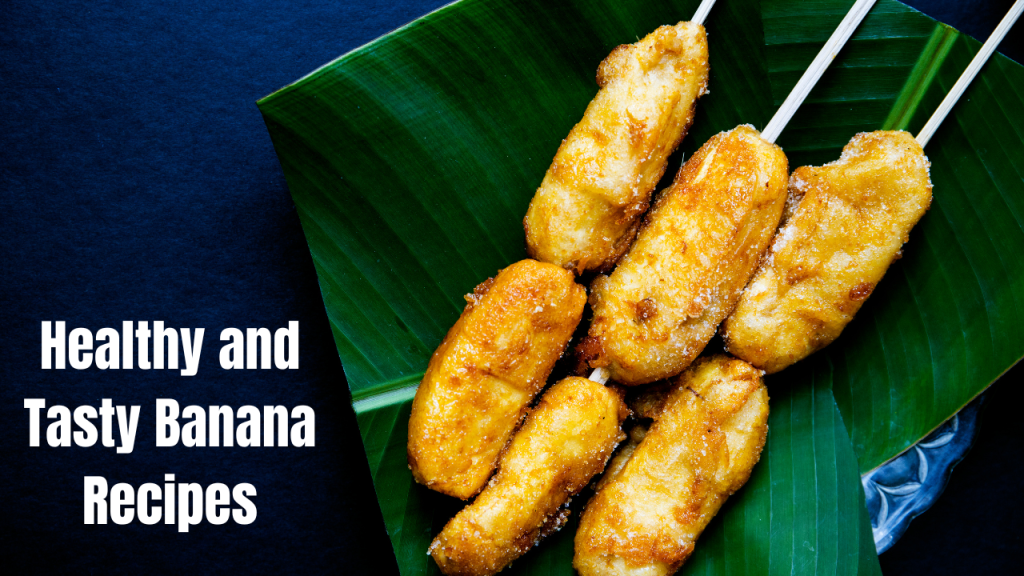
Nutritional Value of Bananas
Bananas are packed with essential nutrients that benefit overall health. Here is the nutritional fee of 100 grams of uncooked banana, in step with the USDA.
- Energy: 89 kcal
- Protein: 0.74g
- arbohydrates: 23g
- Dietary fiber: 4.62g
- Calcium: 5mg
- Magnesium: 28mg
- Potassium: 326mg
- Phosphorus: 22mg
- Ascorbic acid: 8.7mg
- Folate: 20µg
- Thiamine: 0.031mg
- Riboflavin: 0.073mg
- Niacin: 0.665mg
- Pantothenic acid: 0.334mg
- Pyridoxine: 0.367mg
Note: This nutritional value is for 100 grams of banana. It is not the recommended amount for consumption. One to two medium-sized bananas per day (each banana is approximately 30 grams) is considered a moderate intake for most healthy people.
Bananas and Weight Gain: The Carbohydrate Content
One of the reason people believe that eating bananas causes weight gain is because they contain sugar. The sugar in bananas is naturally occurring, meaning it won’t be readily absorbed. As a result, it does not cause blood sugar spikes or weight gain, unlike added sugars. This is keeping in mind a moderate intake of the fruit.
Bananas, on their personal, are calorie-dense, and eating many bananas daily may want to lead to weight gain. However, this is going for any meals. If you devour meals in big portions, you are more likely to eat greater energy than you burn and probably gain weight from that. Consuming one banana a day is an excellent addition to a healthy weight management plan.
Can I Eat Banana Daily for Weight Gain?
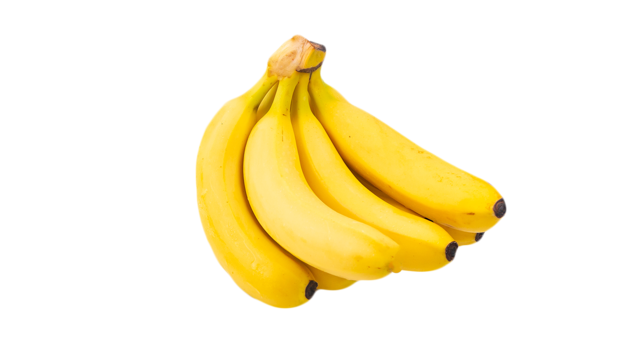
If your intention is to benefit weight, you could incorporate bananas into your every day weight-reduction plan, as they incorporate the right amount of carbohydrates and calories. However, it would be nice to combine bananas with different nutrient-dense foods that offer protein and wholesome fat, together with peanut butter, nuts, or yogurt.
Eating 2 to 3 bananas, in combination with other foods, will add up to 350 extra calories that can help you with weight gain. It’s essential to understand how the fruit helps you before consuming bananas for weight gain.
Are Bananas Good for Weight Loss?
Bananas can be beneficial for weight loss due to their high fiber content, particularly resistant starch found in greener, less ripe bananas. Resistant starch is a gut-healthy prebiotic that is digested more slowly, helping you feel fuller and reducing your appetite. As a result, it can support your weight loss journey by making you eat less in your next meal.
A study found that the fiber-like properties of resistant starch increase the thermic effect of food, referring to the energy required for the digestion of food. Consequently, an increased thermic rate boosts total calorie or energy expenditure, promoting weight loss.
The resistant starch in bananas is promoted as a “weight reduction surprise food” due to its capacity to reduce fat garage and enhance insulin sensitivity, which enables the body manner glucose greater successfully, ensuing in weight reduction.
Moreover, bananas are sweet enough to serve as a healthy dessert alternative. Replacing fattening sweets and desserts with bananas in your diet is an excellent way to manage your sugar cravings, prevent overeating, and opt for more nutrient-dense choices.
The Fiber in Bananas and Weight Loss
A observe shows that consuming nutritional fiber in combination with a calorie-limited weight loss plan promotes weight reduction. For instance, a medium-sized banana includes approximately 3 grams of fiber. This healthy dose of fiber keeps you full and stabilizes blood sugar, making bananas an ideal food for weight loss. Furthermore, eating a high level of fiber will reduce the risk of gaining weight by up to 30%.
The fiber in bananas remains in your gastrointestinal tract for more extended periods, as it’s difficult for your body to break it down. As a result, it reduces appetite and increases the feeling of fullness after eating bananas, leading to weight loss by curbing overeating.
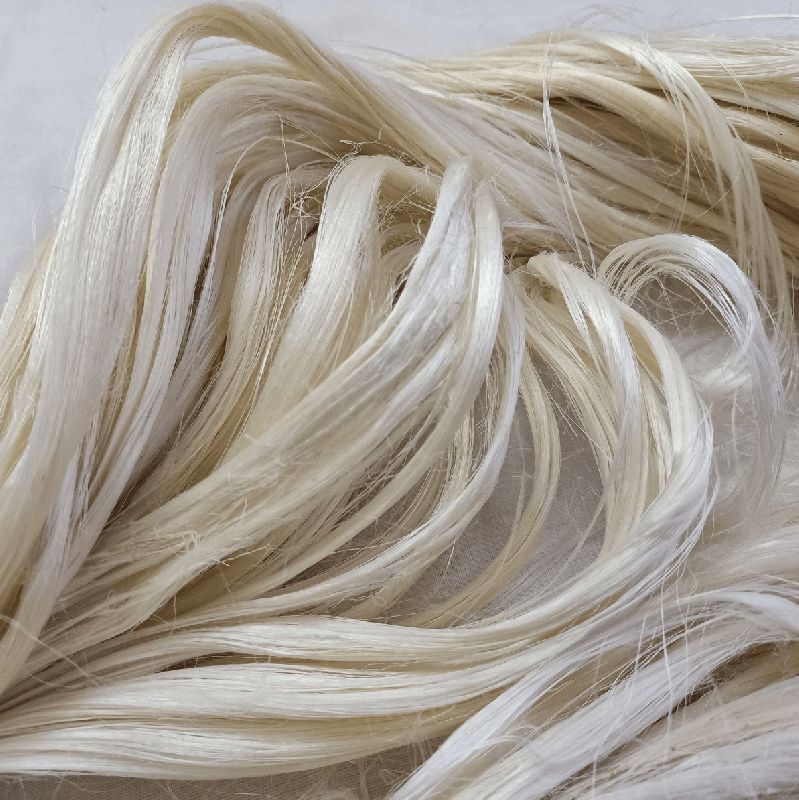
Other Health Benefits of Bananas
Bananas provide several additional health benefits, including:
- Memory Preservation and Mood Enhancement: Bananas incorporate tryptophan, an amino acid that enhances someone’s ability to memorize and consider matters while additionally regulating mood, according to research.
- Immunity Booster: Bananas contain several nutrients, including antioxidants that help improve overall health. They include a good amount of vitamin B6, vitamin C, magnesium, and vitamin A that benefit immune functions.
- A Fibre-Rich Feast: Most of a banana’s fiber content consists of soluble fiber, which can help control cholesterol and blood pressure.
- Aids Digestive Health: Bananas provide several health benefits, including improved digestion, due to their high level of dietary fiber. Prebiotic-resistant starch is a form of fiber found in unripe bananas. Research suggests that prebiotics make it through your large intestine, where they feed and nourish the good bacteria in your gut. Additionally, the fruit increases bloat-fighting bacteria in the stomach, and its high potassium content can help reduce fluid retention.
- Perfect Food for Toddlers: Bananas are an excellent solid meal for newborns to start. Mashed bananas can be a highly nutritious and easily digestible infant food.
- Restores Regular Bowel Activity: Bananas are high in non-digestible fibers like cellulose, hemicellulose, and alpha-glucans. They aid in restoring normal bowel function and relieving both constipation and diarrhea. Their effectiveness generally depends on the banana’s ripeness. Furthermore, bananas restore colon function by allowing it to absorb a significant amount of water, enabling regular bowel movements. They have a bulk-producing potential due to their high pectin content and water-absorbent properties.
- Bananas Help with Iron Deficiency: A study reveals that green, raw bananas (plantain-0.75mg/100g according to USDA) contain more iron than ripe bananas. Cooked bananas have a higher iron level (0.53mg/100g) than raw bananas (0.33mg/100g). The banana is a possible carrier for iron fortification because it is one of the most commonly produced fruits–iron and vitamin B6 aid in preventing anemia by producing enough red blood cells.
Healthy and Tasty Banana Recipes
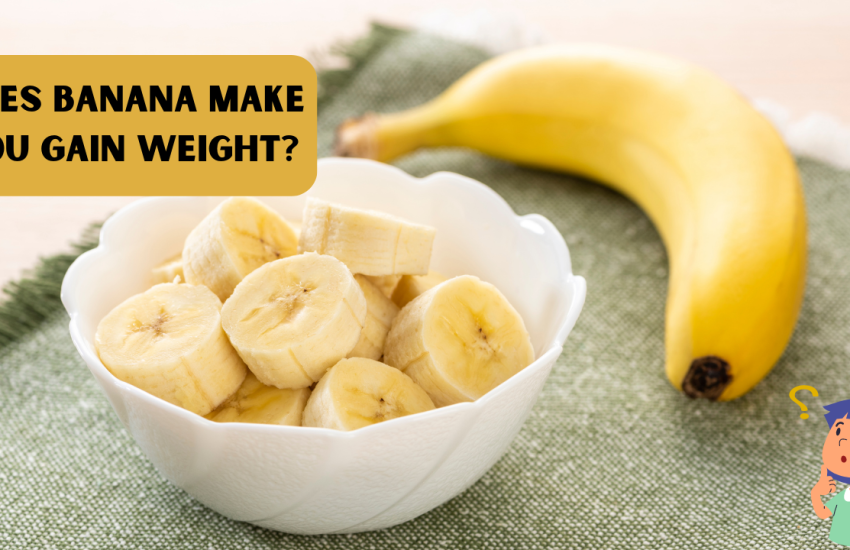
1. Flourless Banana Muffins
Servings: 6
Preparation time: 15 minutes
Cooking time: 20 minutes
Ingredients:
- Banana: 9 (medium-sized)
- Nut butter: 1 cup (peanut butter/almond butter/cashew butter)
- Cocoa powder: ½ cup
- Blueberries: 1½ cup
Method:
- Peel and keep all the bananas in a bowl.
- Mash them with a fork and add a cup of nut butter.
- Mix well and divide it into two halves.
- Add cocoa powder in one half and blueberries in the other.
- Pour into muffin molds and bake them at 180°C (350°F) for 18-20 minutes.
2. Banana Oatmeal Cookies
Servings: 8
Preparation time: 10 minutes
Cooking time: 15 minutes
Ingredients:
- Ripe bananas: 2 (medium size)
- Uncooked quick oats: 1 cup
- Crushed walnuts: ¼ cup
Method:
- Preheat the oven to 350°F.
- Spray a non-stick cookie sheet with cooking spray.
- Combine the mashed banana and oats in a bowl. Fold in the walnuts.
- Place a tablespoon of each on the cookie sheet.
- Bake for 15 minutes.
Note: You can freeze the leftover cookies. Let them cool, wrap them tightly in plastic wrap and freeze. Thaw or heat in the microwave a few seconds before eating.
3. Breakfast Banana Pops
Servings: 4
Preparation time: 5 minutes
Ingredients:
- Bananas: 4(medium-sized)
- Yogurt, nut butter, or melted dark chocolate
- Toppings of choice (crushed walnuts or pecans, shredded coconut, cheerios, chopped peanuts, pistachio, almonds, rolled oats, chia seeds, or hemp seeds)
- Popsicle sticks or spoons
- Tray lined with parchment paper.
Method:
- Peel bananas and cut them in half.
- Insert popsicle sticks or the thin side of a spoon.
- Dip in yogurt, softened nut butter, or melted dark chocolate.
- Roll in desired toppings or stick more extensive toppings on by hand.
- Place on a tray lined with parchment or wax paper.
- Freeze it and enjoy.
Note: Regular unsweetened yogurt is required for this recipe because Greek yogurt is too thick. You can use the leftover yogurt for eating or for smoothies.
Possible Side Effects
When consumed in moderation, bananas have no negative consequences. However, bananas need to be consumed under the limit for people with diabetes because regularly consuming too many might cause significant spikes in blood sugar levels. If you’ve got diabetes or are attempting to lose weight, you must avoid consuming overripe bananas because their glycemic index is 62.
Bananas are high in potassium, however an excessive amount of of it can be dangerous. For example, hyperkalemia, a disorder that inhibits neuron and muscle cell function, can be caused by overeating bananas.
Conclusion
Eating bananas in moderation does not increase weight. However, you gain weight from eating too many bananas or if you combine them with other high-calorie foods. Bananas have fiber that helps in slowing digestion and increasing satiety, and these properties can help a person manage their body weight.
Eating bananas has many fitness blessings, whether you’re looking to shed pounds or enhance average well-being. Eating greater fiber-wealthy ingredients like bananas can be a very good start in the direction of a healthy weight-loss plan. However, you should also get more exercise and sleep enough to see long-term results. Also, since every individual is different, eating bananas may not have the same impact on everyone.
